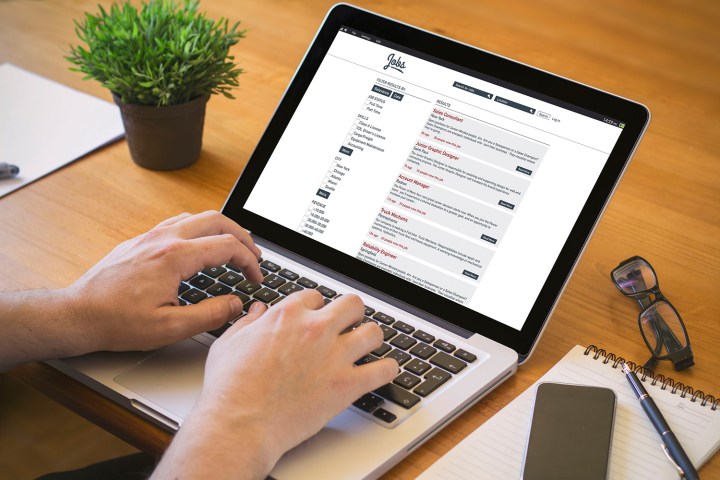
The company’s algorithms look through publicly available social information on you to figure out whether you’re looking for a job or not. It might look through what you’ve followed on Twitter or liked on Facebook, or perhaps look for clues in your publicly available browsing history (resume writing tips or searches through company profiles, for example).
From there it will assign you what Joberate calls a J-Score: essentially a proprietary numerical figure that estimates the likelihood that you’re searching for another job. And your current employer would love to have this information, for obvious reasons.
Joberate says that its efforts are aimed at making resignations less of a shock. The company’s CEO Michael Beygelman made clear in an interview with the Washington Post that it is in no way violating user privacy by attempting to peer into private accounts. That said, if there’s anything public about you, from social media to elsewhere — Joberate is looking through it.
On the one hand, an employer could be using Joberate’s J-Scores to poach talent from competitors by monitoring the job search activities of those firms’ employees. That could land you a job before you’d even really start the application process. On the other hand, it could be used against you by your current employer, too.
Imagine your employer knowing you’re at least testing the waters for new employment elsewhere. This could prevent you from advancing — even if you don’t end up following through — or put quite the target on your back. While those types of uses could run afoul of employment laws in some states, nothing is preventing your employer from acquiring this information.
All of it seems creepy, too, to the point where it even has some human relations professionals leery of using it. “I have had a lot of conversations about whether it’s creepy or not,” talent consulting firm Hudson America CEO Lori Hock told the Post. Hock also said that such tracking has been hotly debated at HR conferences, although she does expect some of her company’s clients to start using Joberate or other similar services.
Beygelman obviously discounts these concerns, pointing to potential positive uses. A employee that is looking for advancement elsewhere could be targeted for promotion from within, or problem managers and supervisors could be sniffed out merely by taking a look at whether there is a higher rate of job searching happening among the employees they control.
He also added most companies are not using Joberate at the employee level, and instead use it to focus on overall trends to correct potential employment issues. In the end, within three to five years, these types of services could replace the traditional “employee satisfaction” surveys.
“I think it’s just a matter of time before employees start to feel more comfortable with it,” he concluded.
Editors' Recommendations
- You’re putting your router in the wrong spot. Here’s where to put it instead
- Having trouble accessing your Instagram account? You’re not alone
- Websites may be logging your email and password without you knowing
- Your A.I. smart assistant could one day tell if you’re lonely
- Too much, too little? Oral-B’s iO toothbrush knows if you’re brushing just right


